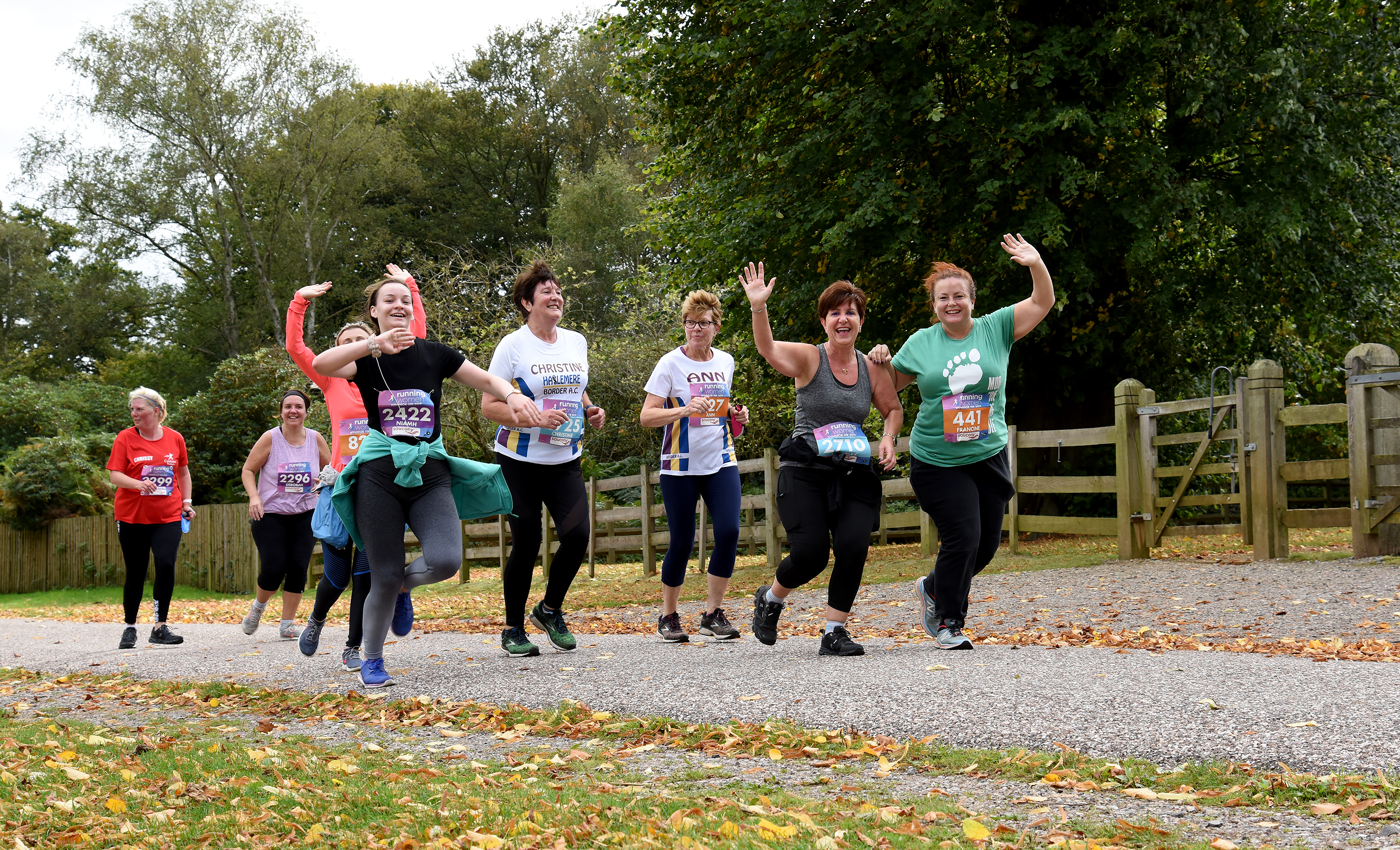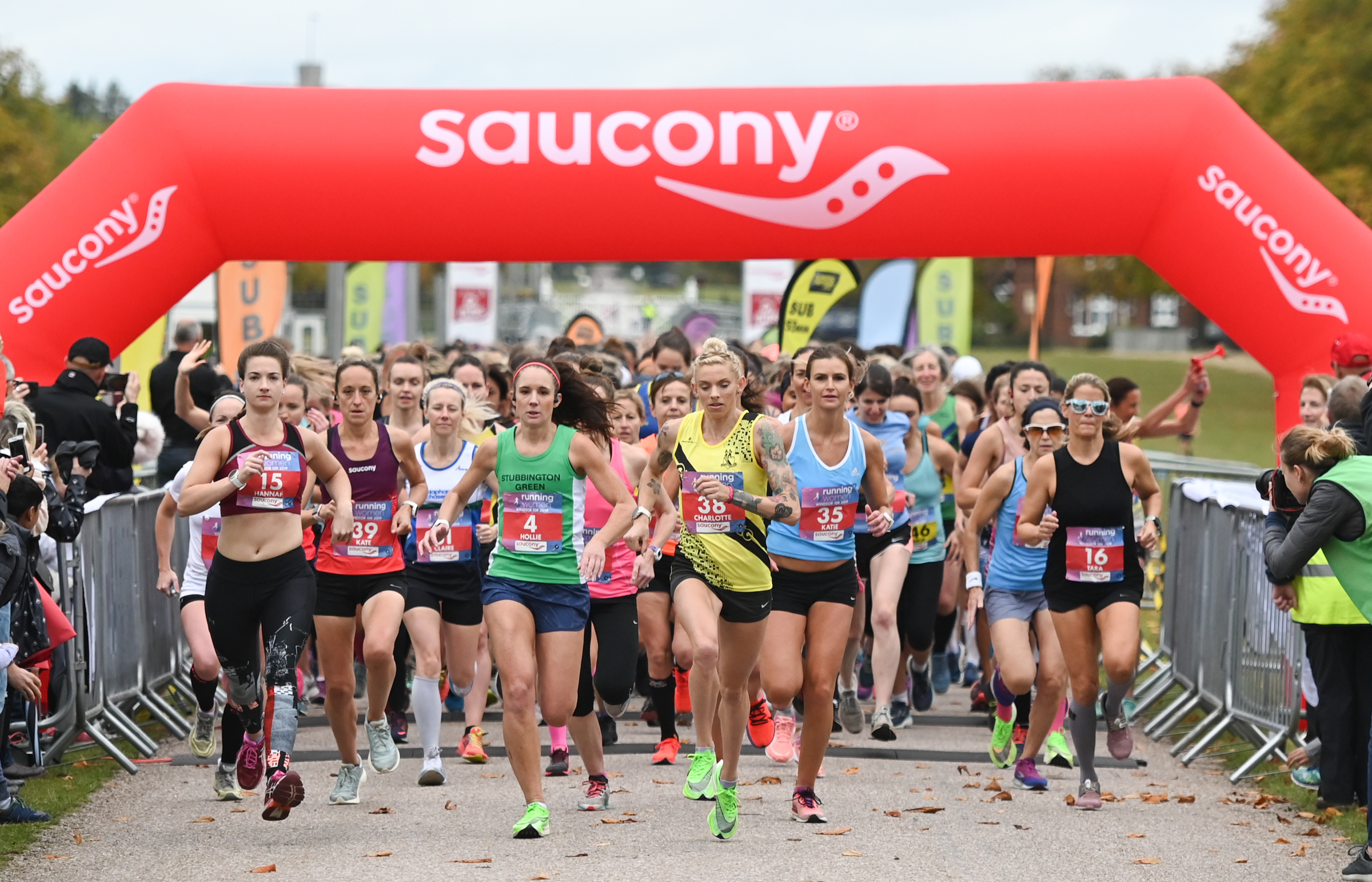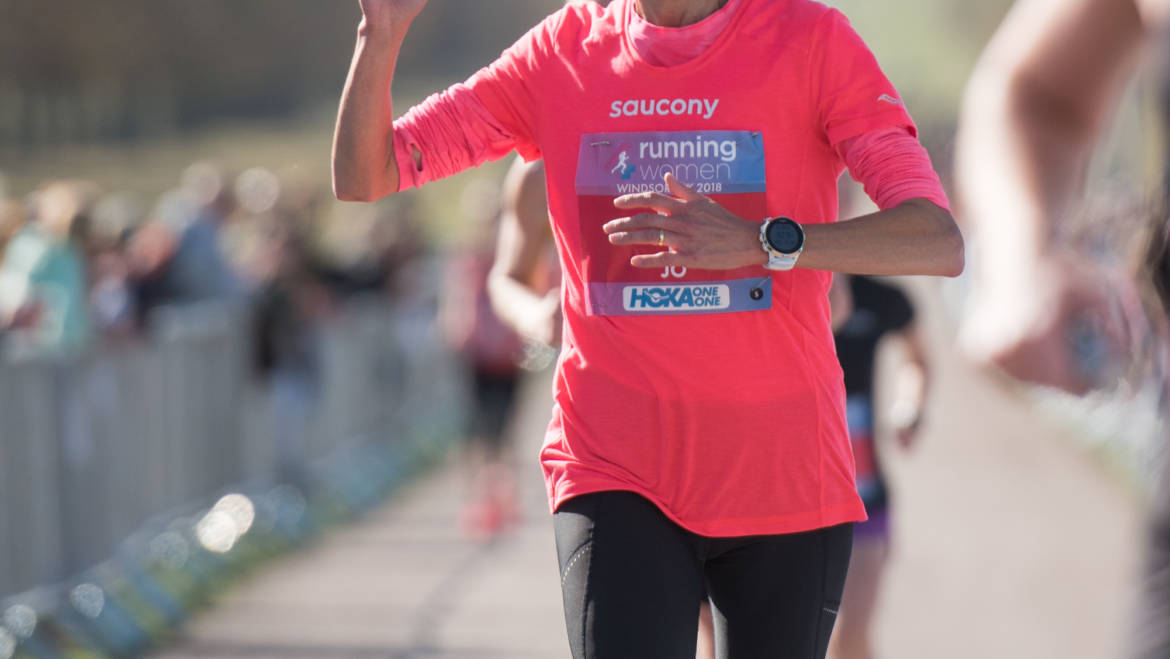Race Day Preparation by Jo Pavey
After all the preparation and build up, it’s exciting when all the tough training has been done and race day is finally approaching. Participating in a big event is such a great experience and of course the main thing is to enjoy it and have fun. But by doing the right things in the lead up you’ll feel more relaxed and ready and you could also achieve a performance that you’re really happy with. Tapering your training is crucial to reap the benefits of all the hard work you’ve put in. It may feel tempting to cram in some last minute hard workouts especially if you’ve had some disruption to your training. However during the last few days it should be all about recovering from the harder workouts and getting refreshed in order to feel good on race day. Some running will stop you feeling sluggish and keep your legs ticking over but don’t overdo it. Keep to shorter runs and don’t run any hard intervals in the last few days. A couple of days before the race you may want to incorporate some easy strides into your run to keep your muscles firing but don’t run them at full speed. The day before the race you may choose to go for a light jog of around 15 to 20 minutes or rest completely. Remember tapering is quite an individual thing and runners can differ quite a lot in the way they taper, so do what you feel works for you.
Good nutrition is important, you’ll want to be fuelled up for race day, but unlike a longer race like a marathon you don’t need to worry about serious carbo loading. Eat a normal healthy balanced diet in the last few days but have a carbohydrate rich meal the night before. Make sure it’s fairly plain and simple so that it won’t upset your stomach.
On the day of the event you’ll want to feel as stress free as possible so you can just focus on the race, therefore try to get as organised as possible the evening before. Have all your kit laid out including your numbers and pins and make sure you’ve worked out all your timings of when you’re going to eat, travel to the start, warm up, etc. Make sure you know exactly how to get to the event and how long it will take. Set at least two alarms for the morning, making sure you’re up early enough to hydrate and have a pre race snack. On race day make sure your pre race snack is something you’ve already tried and tested to ensure it’s not going to upset your stomach. If it’s your first race then have something that’s worked for you before a long run or a hard workout.
A good choice is something which contains some easily digestible carbohydrates like porridge with banana or perhaps some toast and nut butter. It’s best to eat your pre race snack around 3 – 3 1/2 hours before the start time. Also make sure you’re well hydrated, but only take sips in the last hour or so. I sometimes have a little bite of an energy bar about 90 minutes before the race to top up my energy levels and I often find it helpful to have part of an energy gel just before the start. Your warm up should consist of some easy jogging of around 10-15 minutes with some light stretching and may be a few strides and running drills if you’re experienced at doing them.
On the start line it’s very normal to feel nervous, so don’t get anxious about this, it means that you’re passionate about what you’re doing, and everyone around you will be feeling the same way. If you channel your nerves in the right direction your body will actually be more ready to run and it can lead to a better performance. Focus on relaxing your breathing before you start, and rather than worrying, focus on the exciting opportunity you’re about to have to try your best and enjoy running with others. To get your best time good pace judgement is very important. Have the kilometre splits of the pace you’re planning to run memorised. Hopefully your training and any previous races have helped to provide a guide of the pace you’re likely to be able to maintain. Keep quite strictly to your planned pace and don’t feel tempted to go off too fast as it will feel easy in the very early stages. It’s natural to run quite fast for the first 100 metres or so due to the excitement as the race sets off, but then it’s important to settle into your race pace. Running too fast over the first couple of kilometres risks accumulating lactate too quickly in your muscles which could leave you struggling to hold your pace in the later stages. However even the most experienced runners often find it difficult to get their pace judgement perfect, it’s part of running, so just try your best. Even though you may have worked out split times, remember to listen to your body to gauge how you’re feeling and take into account any hilly sections because this will of course affect the pace at certain stages of the race. To cope with the mental challenge of racing, break the up distance into chunks in your mind, so rather than thinking about the whole 10K focus on getting to your next kilometre marker. If things get tough, use positive self talk, tell yourself you can do it. Think of all the people that have supported you and remind yourself how great you’ll feel when you finish. Many runners find it beneficial to use a mantra or count to focus their mind. It’s also helpful to concentrate on maintaining your running style and think about how each footstep is taking you nearer to your goal. The amazing atmosphere at the event as well as the great feeling of camaraderie from other runners around you will also spur you on. So all the very best to everyone who is taking part in the Windsor Women’s 10K, it’s such a brilliant event in a beautiful setting and a lovely opportunity to celebrate women’s running. Hope all have a really great time.
Go out there and enjoy it and good luck!
Similar Posts:
- Race Day Preparation by Jo Pavey
- What To Expect From 10K Race Day
- How to stay motivated and focussed on your training by Jo Pavey
- Nine Things To Do Before Your Half Marathon
- How To Run Negative Splits In Your Next Race
- How To Pace Your First 10K Race




Add Comment